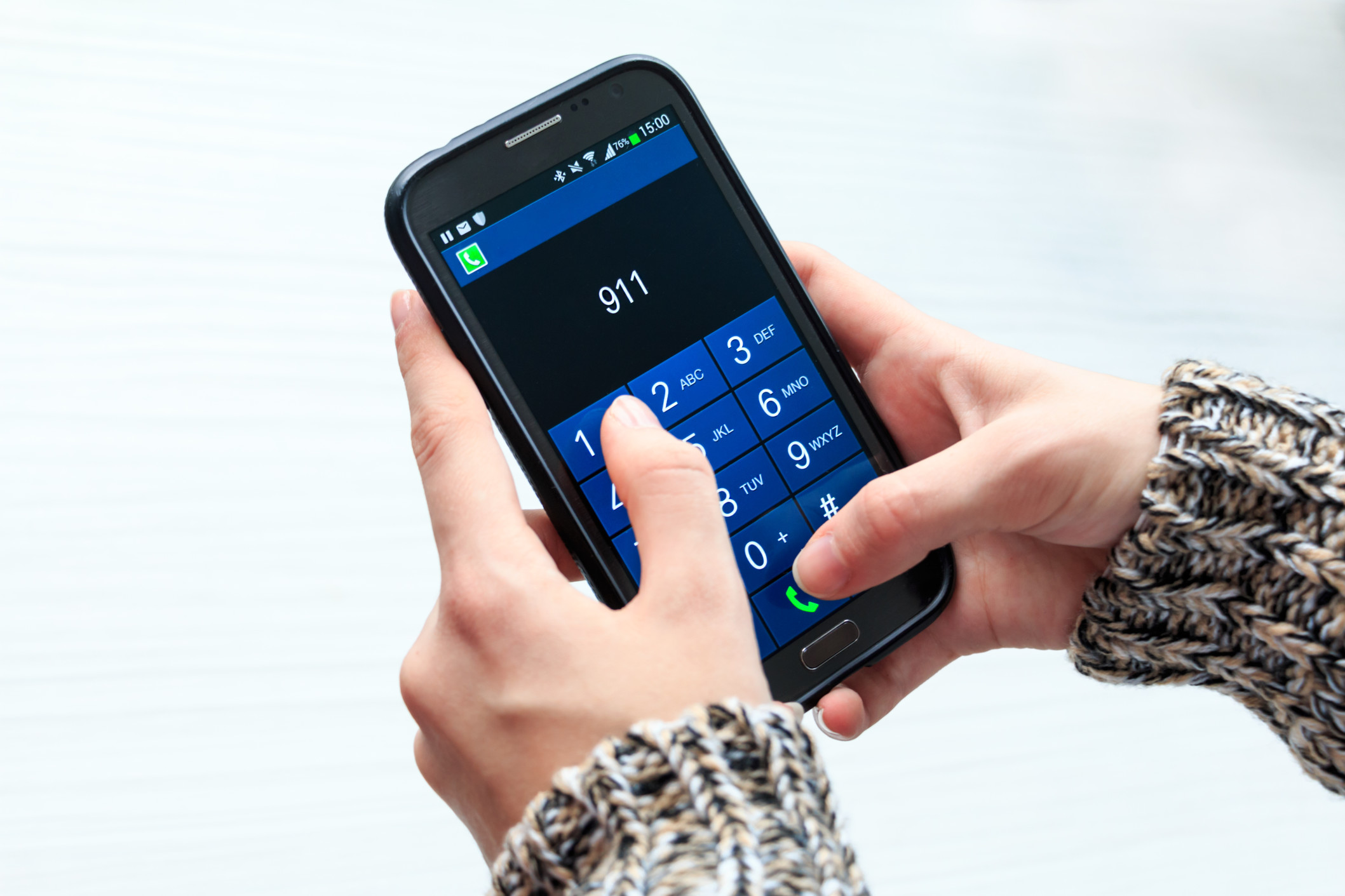
We want to believe we’ll know what to do when an emergency happens, but that’s the unfortunate nature of emergencies: they often strike when people aren’t prepared to deal with them. Most people know what step one should be during an emergency—calling 911—but it’s also important to understand how to talk to dispatchers. With stress and panic involved, it can be difficult to collect ourselves, but knowing which information to prioritize can be the difference between life and death for the victim.
State Your Location and Phone Number
Unlike landlines, cell phones aren’t tied to a specific address, which can make them more difficult to track. In addition, emergency calls aren’t exempt from bad service or dropped calls. In an emergency situation, that extra time can make a huge difference in the survival of the victim.
The first bit of information you should provide the dispatcher with is your location and your phone number. Be specific and straightforward, and don’t forget your apartment or unit number if you live in an apartment complex.
Describe the Emergency
Keep your description of the emergency short and simple, and while it might be difficult to do so, try to stay calm. Include the number of people injured or in trouble, as well as what caused the emergency. For example:
- “Two women were hit by a car.”
- “A man has gone into cardiac arrest.”
- “There is a fire in our office building.”
The EMS dispatcher will likely follow your statement with questions about the conditions of the victims. Where are they injured? Are they conscious? Bleeding? Breathing?
The dispatcher will also ask what, if any, help has been or is being administered:
- “A bystander is performing CPR.”
- “I’m putting pressure on the wound.”
Follow Any Instructions
Depending on the nature of the emergency, the dispatcher may ask you to stay on the line as they walk you through providing first aid to the victims. Listen carefully, and always ask for clarification if you don’t understand to provide the victim with the best care possible.
You may also be asked to go into further detail about the emergency, such as potential suspects or motivations for the crime. Stay on the line until the dispatcher specifically tells you to hang up.
Along with knowing how to talk to 911 dispatchers, CPR and first aid skills are two of the best tools to have during an emergency. Learning life-saving skills is easy when you enroll in a class with Specialized Health and Safety, and your CPR certification just might save a life.

